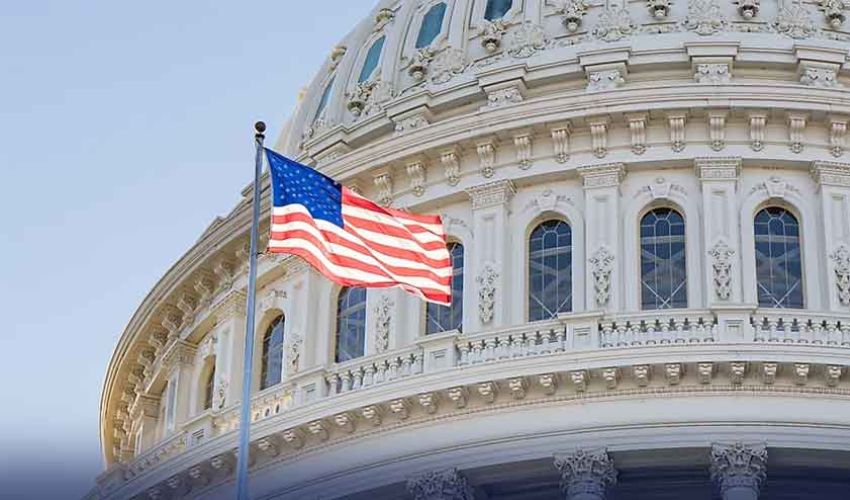Pakistan and Bangladesh considered establishing a "Blue Economy Corridor" to effectively utilise their maritime resources, focusing on sustainable fishing, aquaculture and marine trade.
The initiative aimed to promote environmental sustainability alongside economic benefits. According to the World Bank, such collaborative ventures promised long-term job creation and strengthened coastal economies in both nations.
Experts suggested forming a joint marine research institute to study marine biology, ocean currents, and pollution, fostering sustainable development policies and environmental conservation.
Pakistan and Bangladesh explored enhancing trade through eco-friendly shipping routes, aiming to lead globally in green maritime logistics.
The International Maritime Organization highlighted that sustainable shipping could boost the region's economic potential while reducing marine pollution.
Tourism emerged as another focus, with plans to develop the Bay of Bengal's coastal areas, combining tourism growth with environmental preservation.
Proposals included forming a fishing alliance to ensure food security and ecological balance.
Both the countries also explored renewable energy, utilizing tidal and wave power to reduce reliance on fossil fuels and enhance energy security.
Strengthening security cooperation to prevent illegal fishing and piracy would safeguard maritime activities.
By advancing blue technologies, Pakistan and Bangladesh sought to position themselves as leaders in climate resilience. The UN Environment Programme endorsed blue technology advancements as critical for environmental protection and sustainable growth.
A blue economy-centered partnership would not only drive economic progress but also establish Pakistan and Bangladesh as global leaders in sustainable maritime practices, creating a regional development model.



























